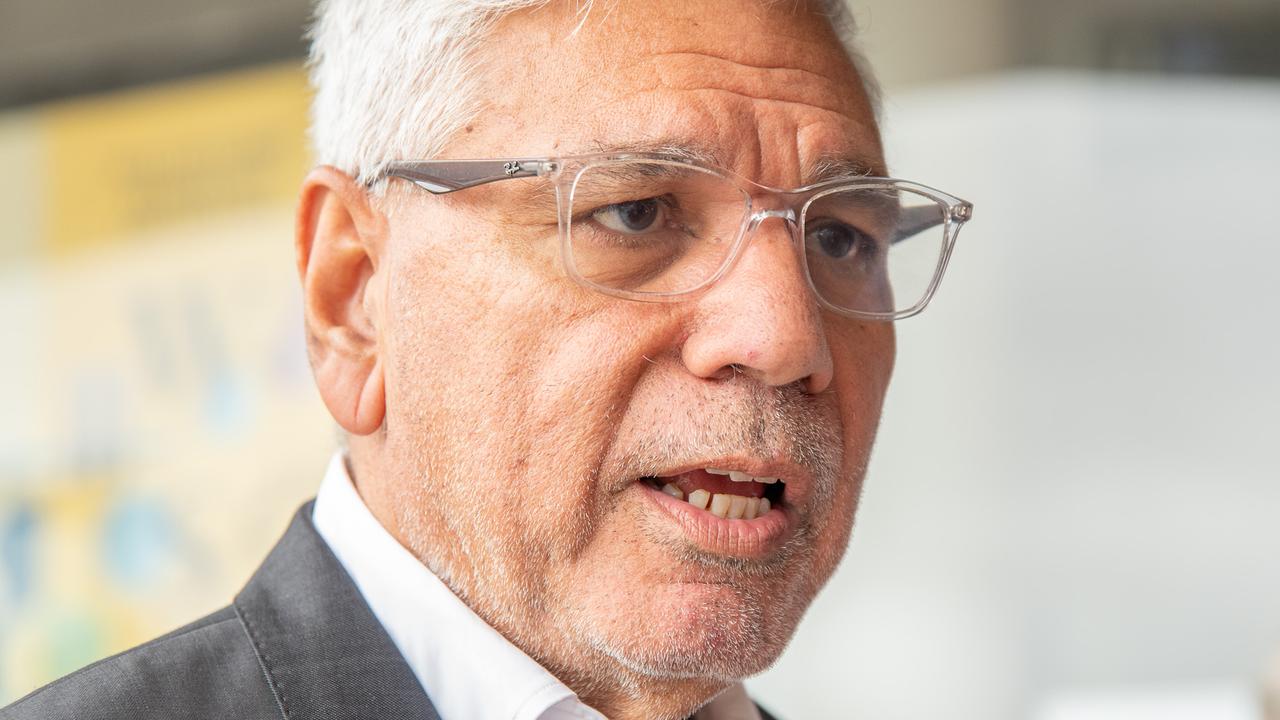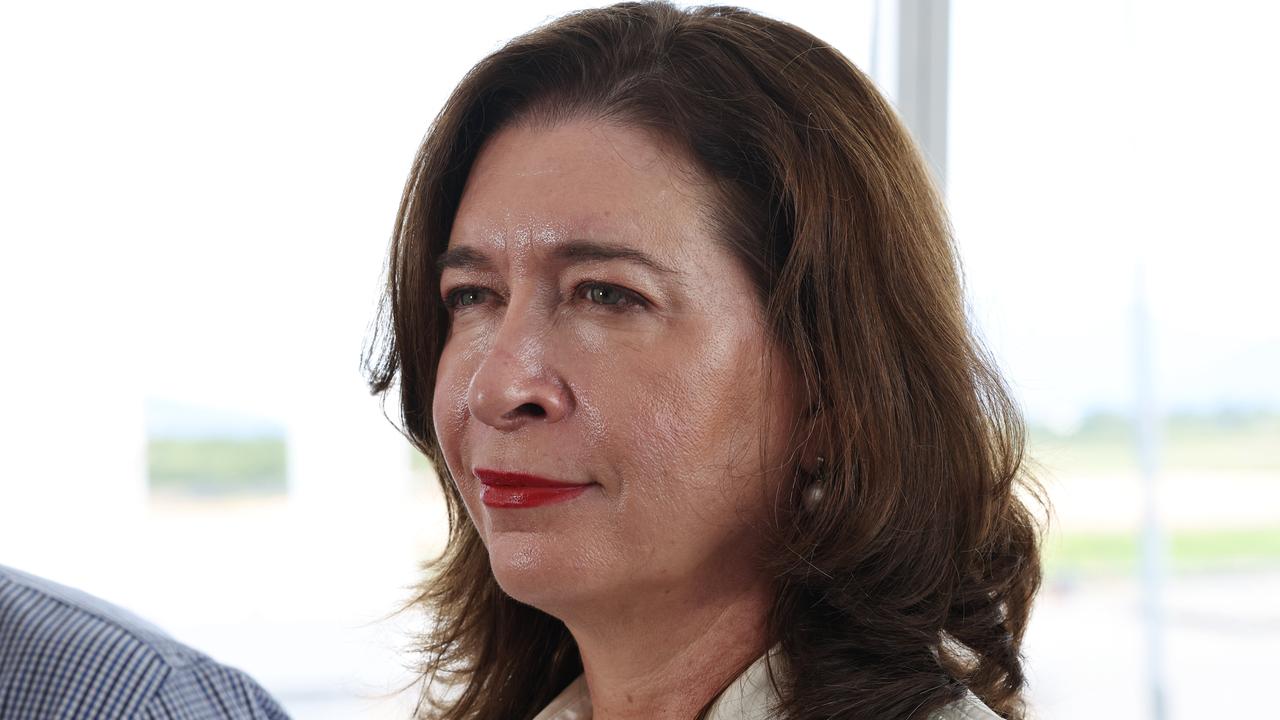Voice leader says successive governments have favoured the ‘practical’ Indigenous policy but the results speak for themselves
Professor Megan Davis laments that neither side of politics deviates from a commitment to ‘practical reconciliation’ – the hallmark of John Howard’s approach to Indigenous affairs.
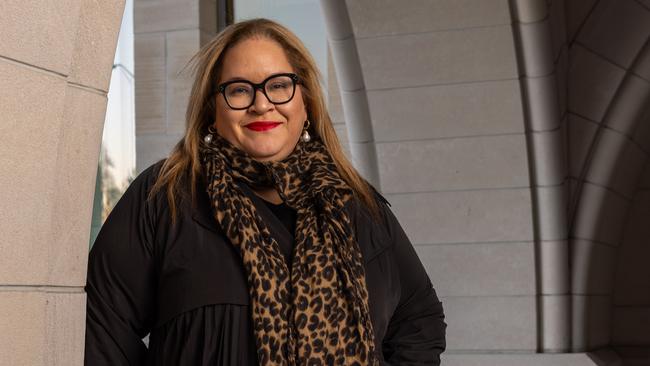
Australia’s decades-long focus on practical reconciliation fails because it leaves bureaucrats in control and communities without a say, according to senior voice architect and newly appointed Companion of the Order of Australia Megan Davis.
Professor Davis laments that neither side of politics has been able or willing to deviate from a commitment to “practical reconciliation”, which was the hallmark of John Howard’s approach to Indigenous affairs.
“The referendum was a blip in Aboriginal policy. Nothing changed behind the scenes from what’s been in train for two decades. What’s distinctive about the status quo? The lack of community representation and the continued use of the word ‘practical’ by politicians: even though so much of the policy settings for 20 years are not ‘practical’,” Professor Davis said.
“The status quo is about bureaucratic control and less community autonomy despite trendy words such as ‘partnership’ and ‘co-design’. How practical is having limited autonomy in decision-making?”
“The referendum vote entrenched the bureaucrats’ role in the destiny of our communities, something the Royal Commission into Aboriginal Deaths in Custody said needed to stop 30 years ago for communities to flourish.
“This was a core recommendation of the royal commission: bureaucrats must exit the space. The political class hasn’t learned.”
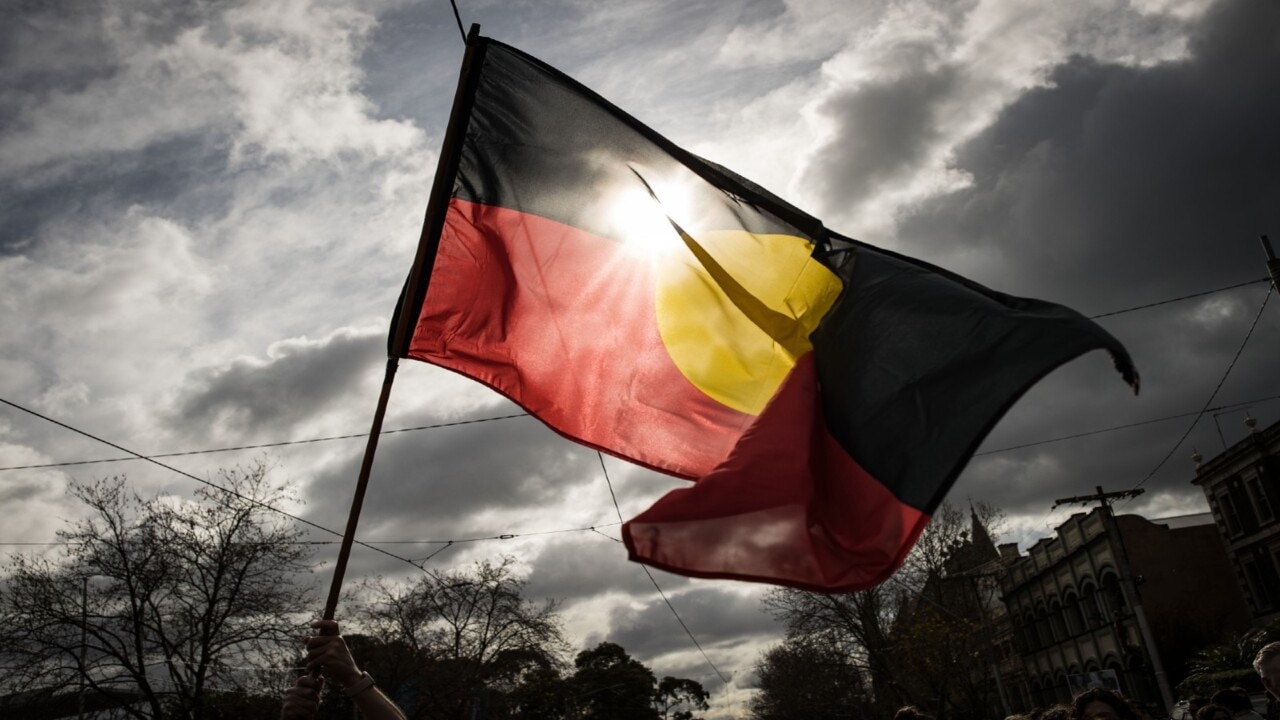
Professor Davis’s comments came as Anthony Albanese acknowledged that attempts by both Coalition and Labor governments to close the gap in disparity between Indigenous and non-Indigenous Australians had failed. Since the first Closing the Gap agreement in 2008, there has been little or no progress in key areas.
“I think what we’ve done in Indigenous affairs for a significant period of time has produced results where clearly we have a significant gap in infant mortality, in life expectancy, in health, education and housing outcomes. We know that that’s the case. We know that we need to do better,” Mr Albanese told Sky News program Sunday Agenda.
The Prime Minister said the voice proposal – born from a dialogue process with First Nations and culminating at Uluru, when Malcolm Turnbull was prime minister in 2017 – was an attempt to do something different. The referendum council was a bipartisan process agreed to by Mr Turnbull and then opposition leader Bill Shorten.
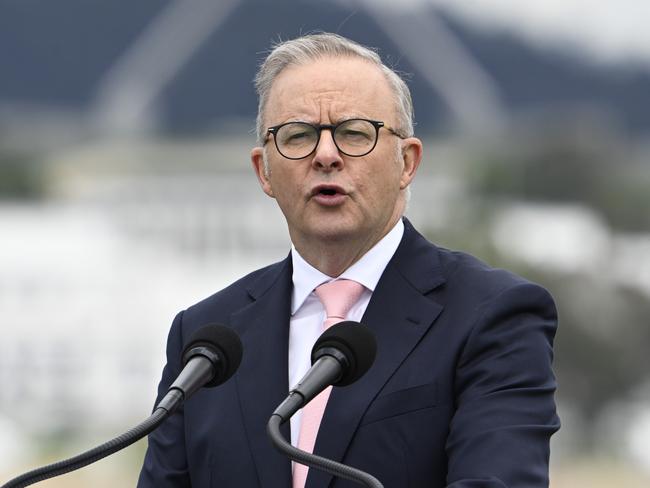
While constitutional recognition had been a bipartisan issue, the voice split the major parties. Mr Albanese said on Sunday he accepted and respected the Australian people’s rejection of the voice at the referendum on October 14, 2023.
On this Professor Davis said: ”Politics turns on a dime but I find it ironic that there’s a closed door on ‘doing something different’ like a representative voice because of one unsuccessful referendum, but politicians are happy to maintain policies that demonstrably fail year in and year out, and this failure is politically saleable.”
In public statements on Indigenous policy since the referendum defeat, Labor has pledged to focus on the practical, an approach to Aboriginal and Torres Strait Islander policy favoured by Opposition Leader Peter Dutton and Indigenous Australians spokeswoman Jacinta Nampijinpa Price. It aligns with John Howard’s stated approach in 2004 when he moved to abolish federally elected Indigenous body ATSIC. Scandal-plagued chairman Geoff Clark had been pursuing a treaty.
But for Professor Davis, who studies policy trends since Federation, the “practical” means business as usual.
“Being ‘practical’ isn’t new or novel. It’s not an alternative policy path to the Uluru Statement. Uluru wasn’t implemented. The ‘practical’ is continuing the 20-odd years of Howard policy,” she said.
“The practical approach or practical reconciliation is John Howard’s enduring policy. Howard invented the ‘practical’. And it has worked to create a flourishing Indigenous middle class but it clearly has not benefited the majority of mob.
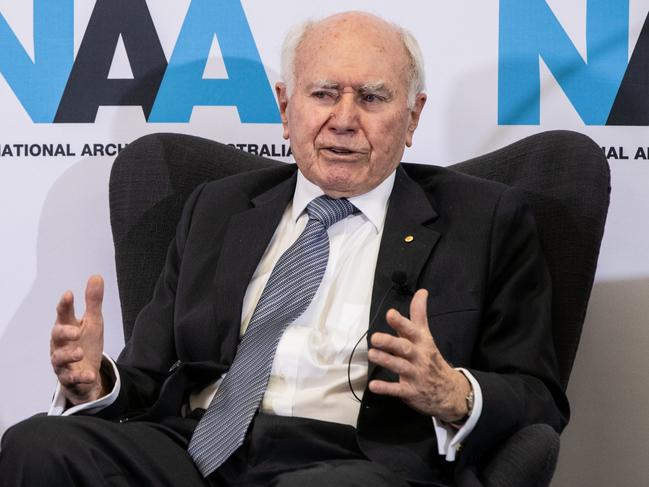
“The referendum didn’t disrupt the status quo, which is John Howard’s enduring policy of practical reconciliation and Scott Morrison’s Closing the Gap version two.
“The focus on the ‘practical’ (jobs, education, economic empowerment, Indigenous procurement, home ownership) didn’t stop in 2023 for the referendum; but the voice would have created much-needed accountability and transparency around who gets what, and the haves and have-nots.
“The voice would have been representation of the people by the people. Not self-appointed, not government-appointed.”
Closing the Gap data routinely updated by the Productivity Commission shows that disadvantage is extreme in remote and very remote areas.
Professor Davis said Aboriginal people are correct to question resource allocation in Indigenous affairs.
“Are the impecunious, in whose name economic policies are being developed, like the green transition, meant to applaud blindly because benefits will ‘trickle down’ to them?” she said.
“The statistics plainly tell a story that something is seriously wrong. It tells us that 20 years of the practical isn’t enough for social mobility; for those who need the help and resources the most. Maybe means-testing on some Indigenous programs is required to ensure support goes to those Aboriginal people who need it the most.”
Professor Davis, who was raised by a single mother in public housing, said policies that help those who need it are key.
”One of the great achievements of this country has been social mobility; as a child of the underclass I could never have achieved without the levers and supports needed to thrive such as the welfare net, the single-parent pension, social housing, HECS, universal healthcare and targeted policies for Aboriginal people, especially Indigenous education,” she said.
“I think many Australians are deeply concerned at the fracturing of these things. I think about JobSeeker where you have this unanimous position across the business sector, ACOSS and civil society, that the amount is too small for people to live let alone contemplate a job. It makes sense to substantially increase this.”
Professor Davis is the Gough Whitlam and Malcolm Fraser visiting professor at Harvard Law School.




